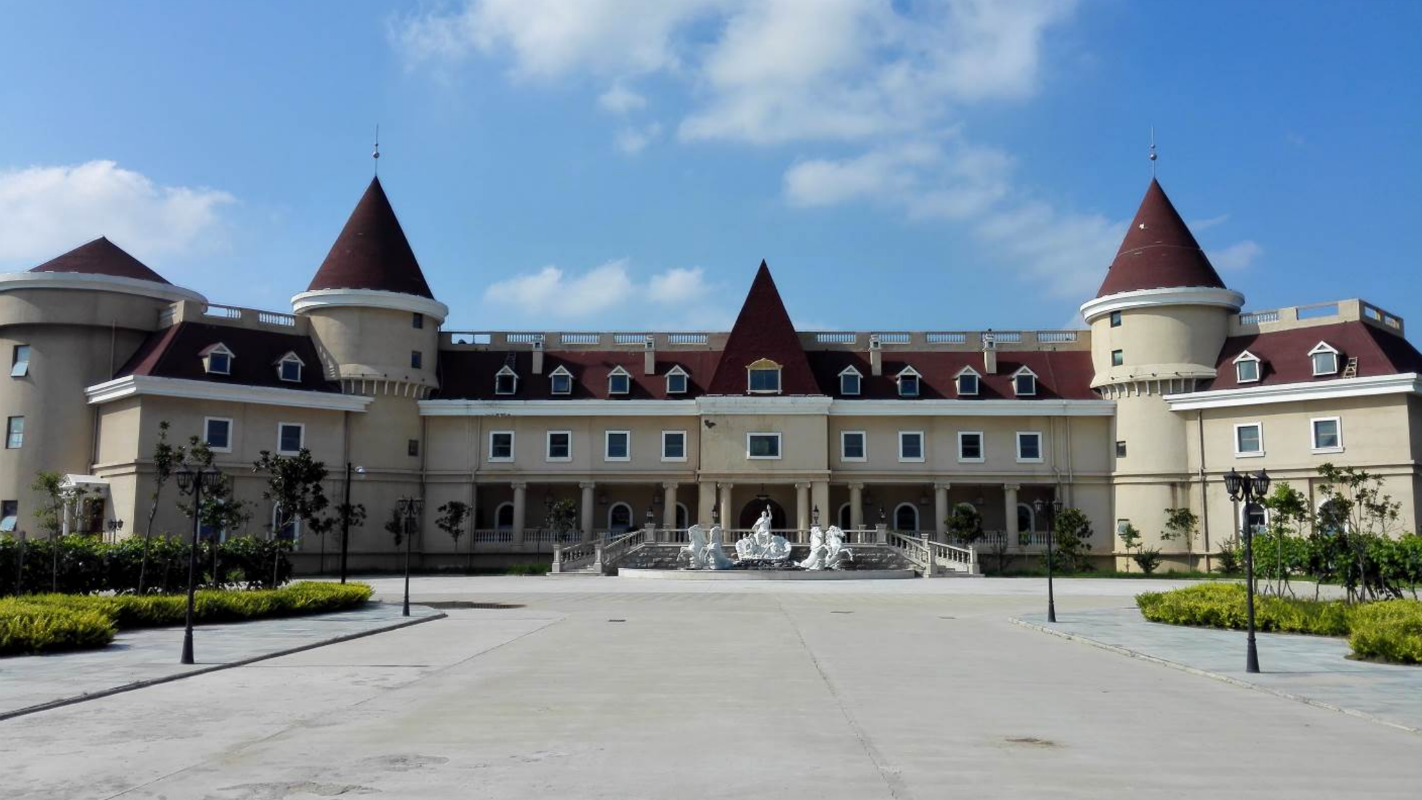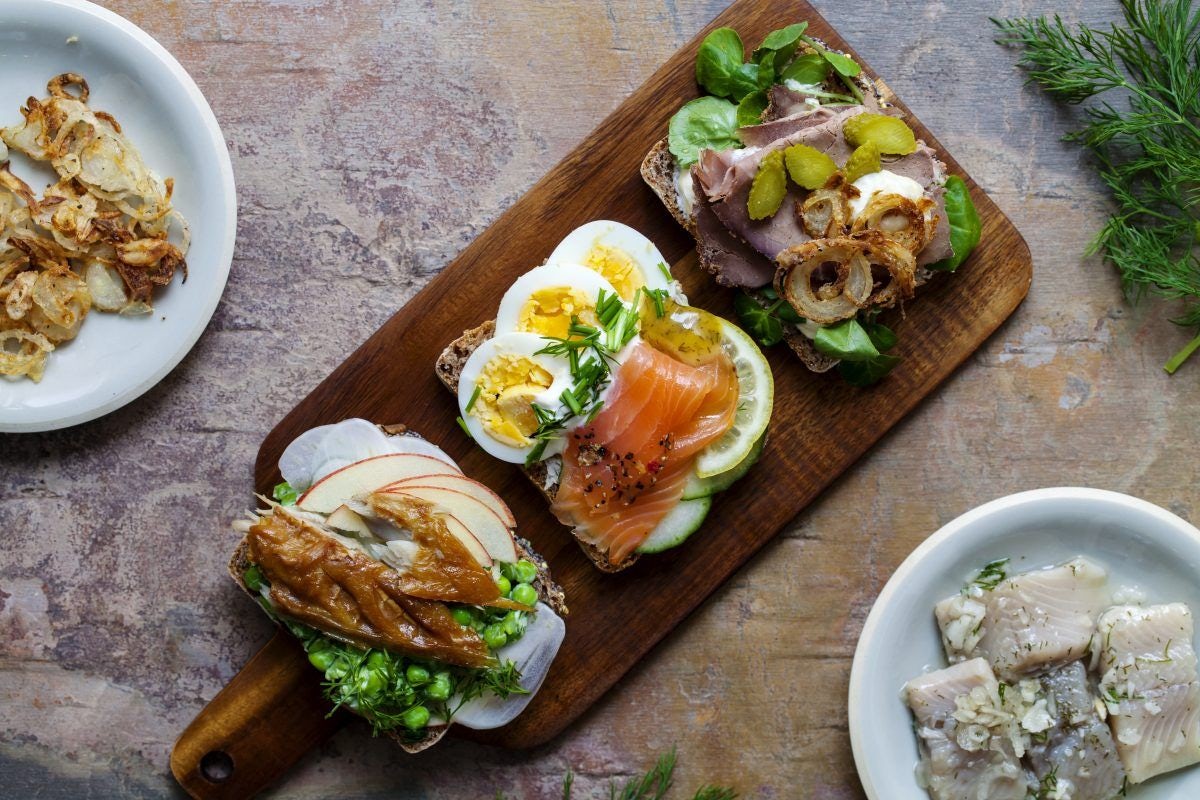In 2011, China's mass-market bakery Holiland responded to the growth in ostentatious consumer spending with a new upmarket brand, Black Swan. At the time, Black Swan and its signature US315,000 wedding cake smacked of gaudy over-extension. Today, Black Swan's opulence looks more like a signpost towards the emergence of a trendier, mainstream baked goods scene that has attracted upscale dessert bars like New York City's ChikaLicious to set up shop in Beijing and Shanghai. More recently, a surge in online oven and stand mixer sales suggest that the craze for high-end Western desserts is now translating to the Chinese home.
Ovens are not a staple in Chinese kitchens like they are in the West, but many of China's burgeoning middle class are seeking better appliances to help them achieve a more international lifestyle, according to a recent report by China's e-commerce giant JD.com. JD's sales of high-end embedded ovens soared in the last two years to more than 4 million sales. Sales of another premium tool for dessert-making, stand mixers, have increased almost five fold from 2014 to 2016, with millennial consumers the main drivers of the growth.
“People don't typically associate China with baking, but in the last three years we've seen a surge in its popularity," Ting Qi, general manager of JD Worldwide said in a statement. "JD.com's customers in urban areas are gaining more exposure to international products and experiences. Chinese consumers are changing from coffee drinkers to coffee brewers, and they're doing their own baking at home. The shift in Chinese consumption presents a tremendous opportunity for international brands."
In line with this trend, JD.com is welcoming two new cross-border stores from KitchenAid and high-end Italian espresso machine manufacturer De'Longhi, where they can offer a range of products never before available in the Chinese market. De'Longhi's offerings on JD.com currently range from US100 cappuccino makers to fully automatic models for around US2,000.
A Bloomberg report in February showed how quality appliance purchases are taking off among China's upper middle class families, especially ones that are “typically viewed as indulgences, such as espresso machines.” The article illustrated how China's appliance giant Haier's US5.4 billion acquisition of GE's appliance unit last year meant that Haier could start offering “fancier” products that featured internet connectivity, from air conditioners to wine storage.
When in comes to espresso machines in particular, China's own cafe scene may also be having an influence on the general consumer. While coffee has been popular in China for more than a few years, cafes in first-tier cities have only recently begun to promote the art behind the roasting and brewing of coffee.
This has paved the way for the emergence of a high-end coffee culture emphasizing artisanal techniques and appreciation of more nuanced flavors. Recognizing a demand in the China market, Starbucks chose Shanghai as the first international location for its premium Roastery and Reserve Tasting Room to “to allow customers in China to better understand the craft of roasting and brewing a range of Starbucks coffees." Local brewers have also been jumping on the trend, with brands like Beijing's Soloist recently expanding into Sanlitun's trendy Taikoo Li mall, touting 8 cups of specialty coffee.


